Artificial intelligence has transformed and affected various industries, and the field of content creation is no exception to this. The impact of ChatGPT, being a state-of-the-art language model, has garnered significant attention due to its ability to generate human-like texts. However, as with any other technological advancement, there are concerns about how AI systems like ChatGPT might affect human writers and content creators. In this article, we will explore the potential impact of ChatGPT on human creativity, the changing landscape of content creation, and whether it poses a threat to the writing profession.
Build Up Human Creativity
While some may view ChatGPT as a potential rival to human writers, it is important to recognize that AI technologies can complement human creativity rather than replacing it entirely. ChatGPT can serve as a valuable tool for brainstorming ideas, generating initial drafts, and automating repetitive tasks, allowing content creators to focus on higher-level aspects of their work. By automating mundane tasks, AI can free up time and mental energy for writers to concentrate on more strategic and imaginative aspects of content creation.
Streamlining Content Generation
The efficiency and speed of ChatGPT can revolutionize content creation workflows. Writers and content creators can leverage ChatGPT to quickly generate drafts, refine ideas, and overcome writer’s block. The model’s ability to process vast amounts of data and generate coherent text in real-time provides an opportunity to streamline content production, enabling content creators to produce more in less time.
Addressing Limitations and Ethical Concerns
Despite its impressive capabilities, ChatGPT is not without limitations. It can produce biased or inaccurate content if fed with biased or false information during training. Human writers, on the other hand, possess critical thinking skills and contextual understanding that AI models currently lack. Content creators can use their expertise to fact-check, verify information, and ensure the content’s accuracy and integrity. Additionally, ethical concerns surrounding AI-generated content, such as plagiarism or the potential for malicious use, reinforce the importance of human oversight in the content creation process.
Expanding Opportunities and Collaboration
Rather than perceiving ChatGPT as a threat, content creators can view it as a valuable collaborator. The model’s ability to provide suggestions, offer alternative perspectives, or assist with data analysis can enhance the overall quality and diversity of content. ChatGPT can also help bridge language barriers, enabling writers to communicate and collaborate with individuals from different linguistic backgrounds.
Adapting and Evolving
The emergence of AI technologies like ChatGPT necessitates adaptation among human writers and content creators. It is crucial to embrace lifelong learning and upskill in areas where human expertise remains indispensable, such as storytelling, creativity, and critical thinking. By focusing on skills that distinguish humans from AI, content creators can stay ahead of the curve and harness the potential of AI to enhance their work and productiveness.
Conclusion
In the world of content creation, ChatGPT and similar AI models represent a transformative tool rather than a threat. While AI can automate certain aspects of content generation, it cannot replicate the nuanced creativity, subjectivity, and critical thinking skills that human writers bring to the table. By viewing ChatGPT as a collaborator and leveraging its strengths, content creators can streamline their workflows, improve productivity, and produce higher-quality content. As AI continues to evolve, it is essential for human writers and content creators to adapt and embrace the opportunities that arise, ensuring a harmonious partnership between human ingenuity and AI innovation.
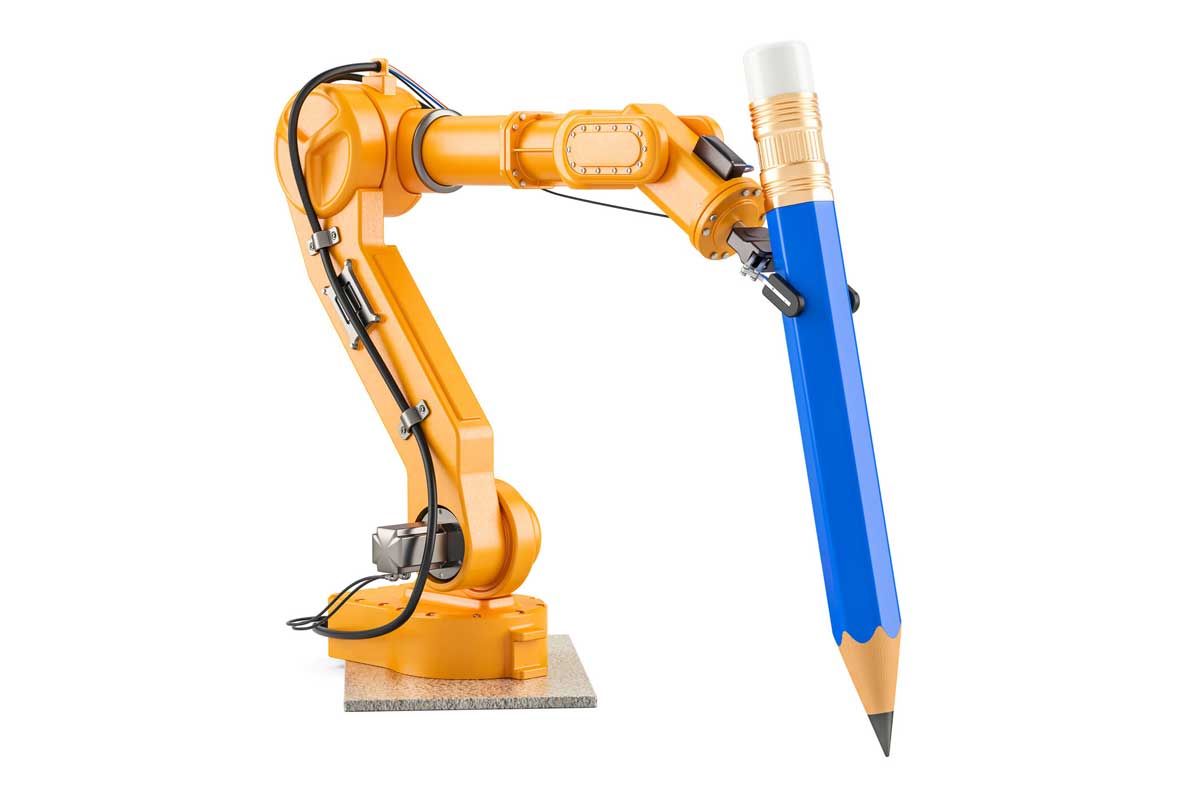
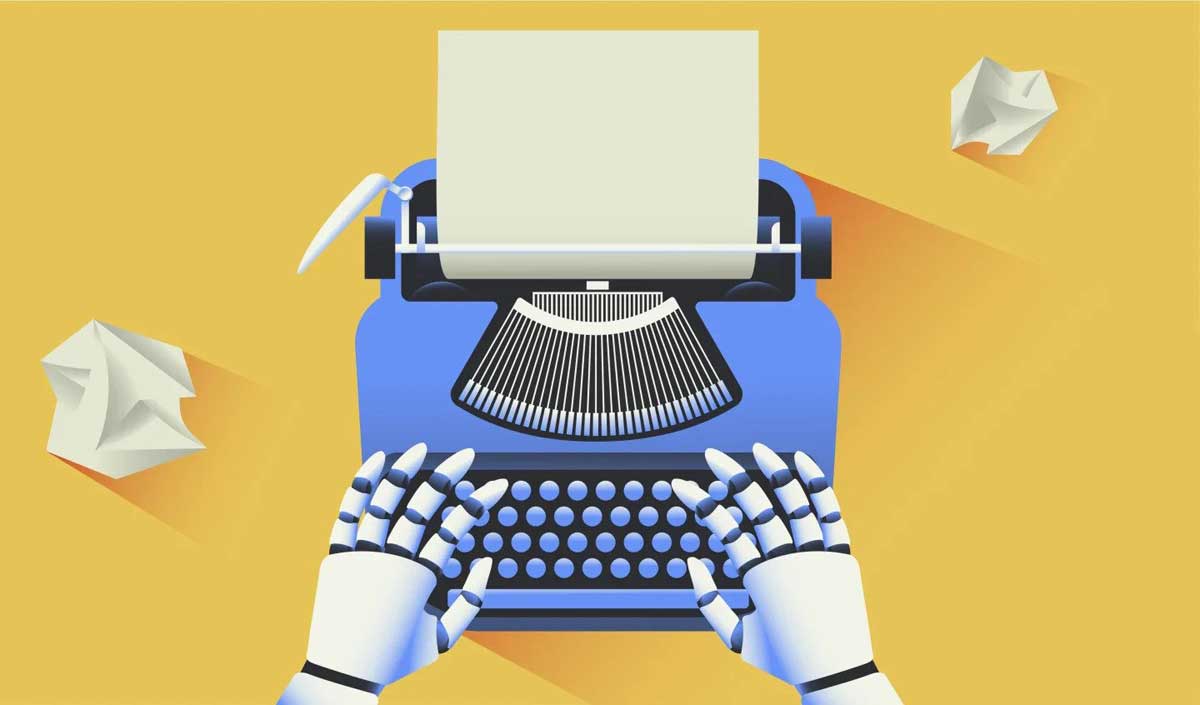
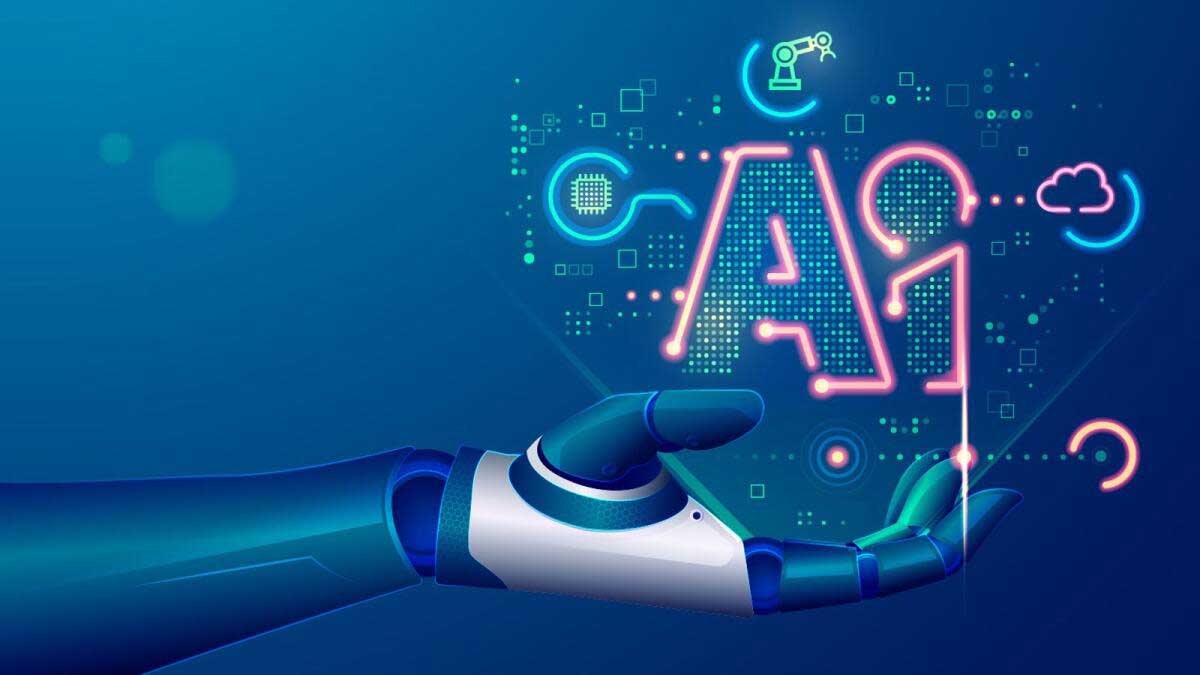
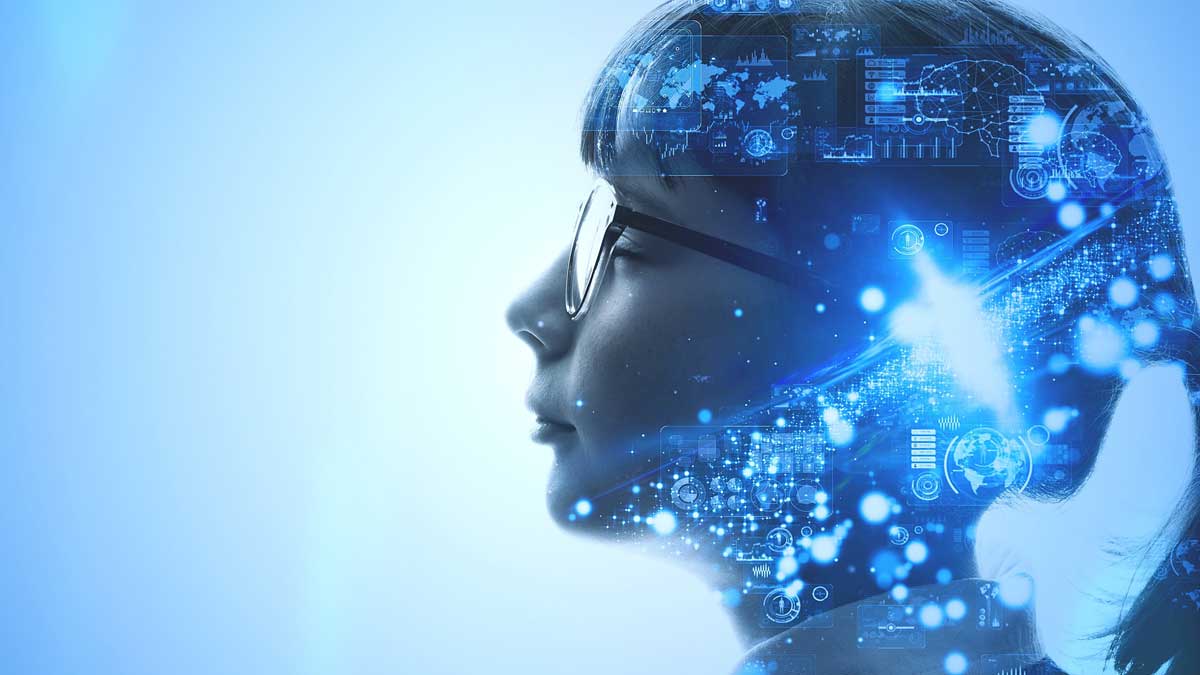
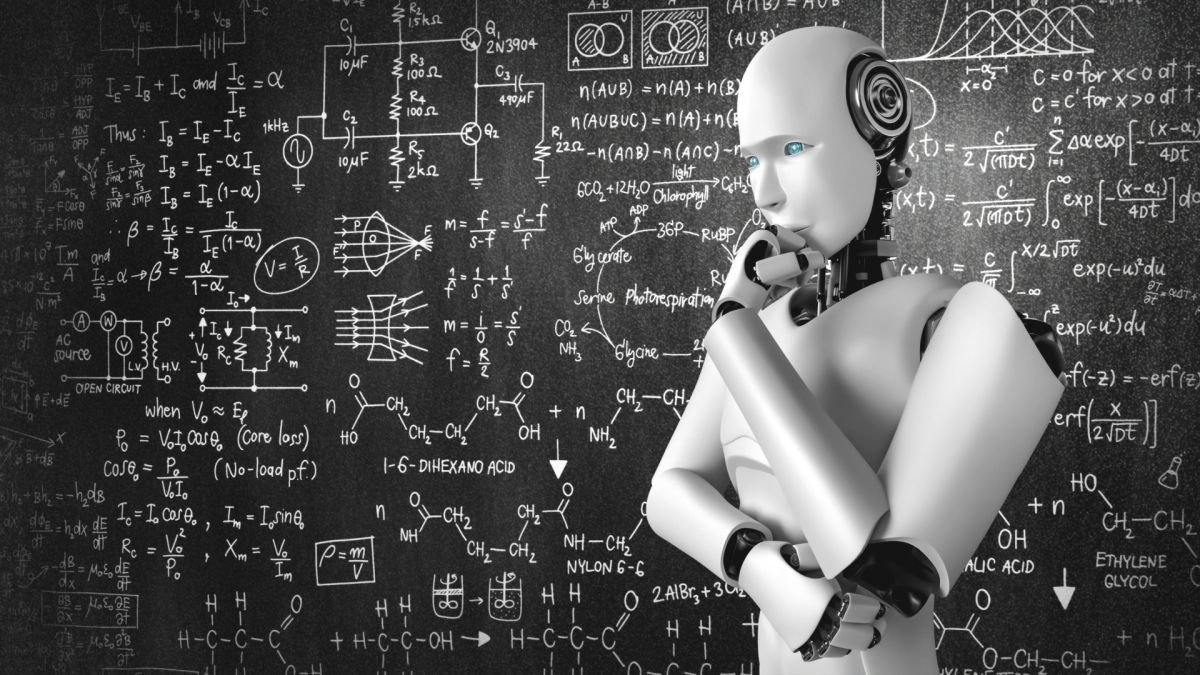
Leave A Comment